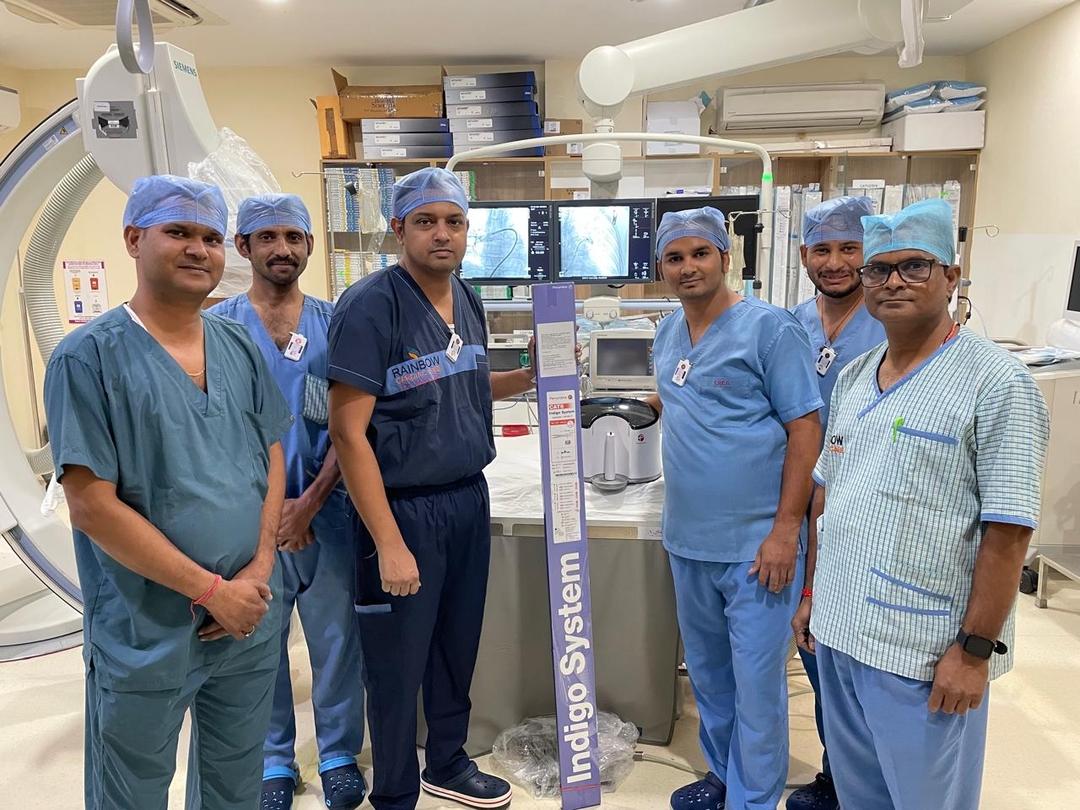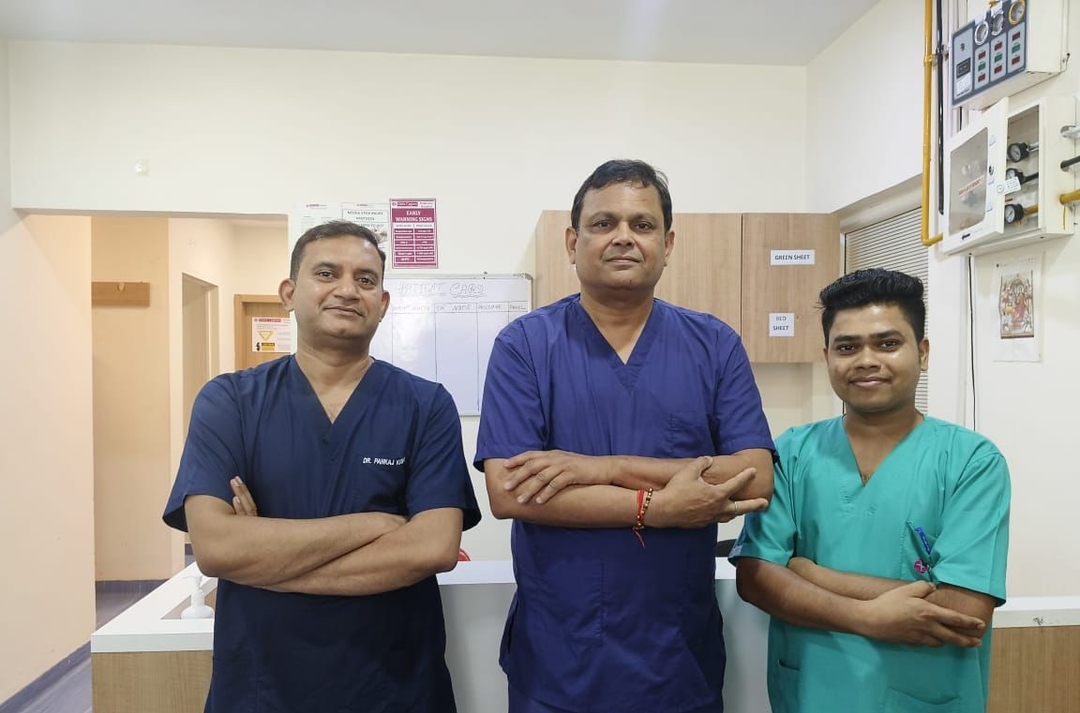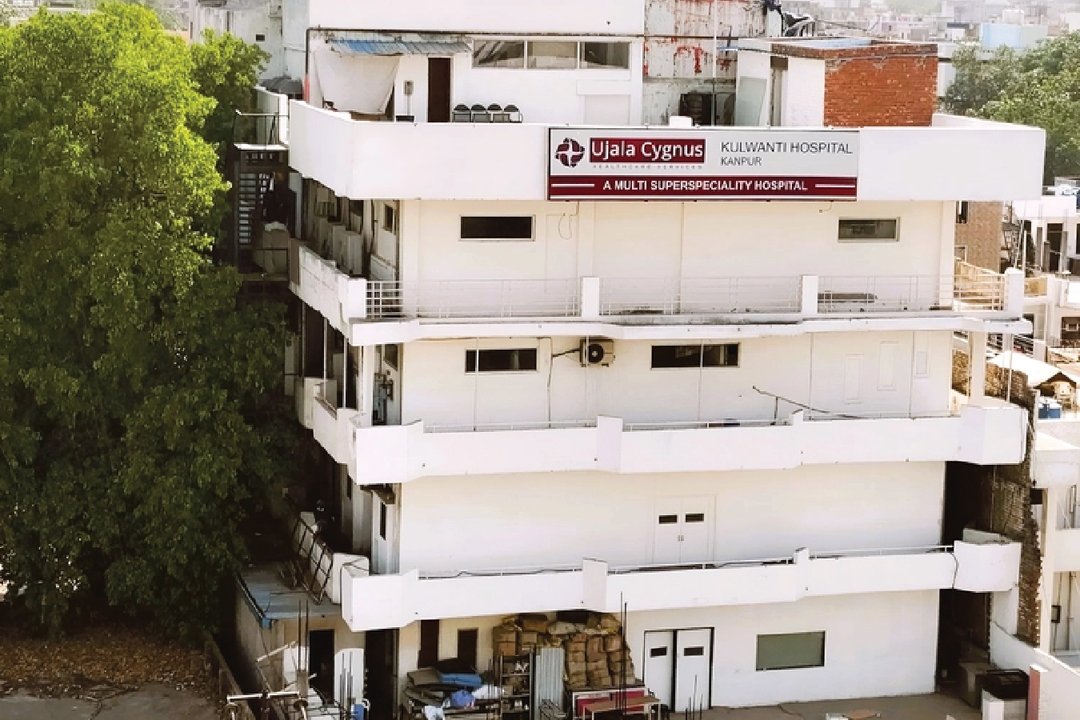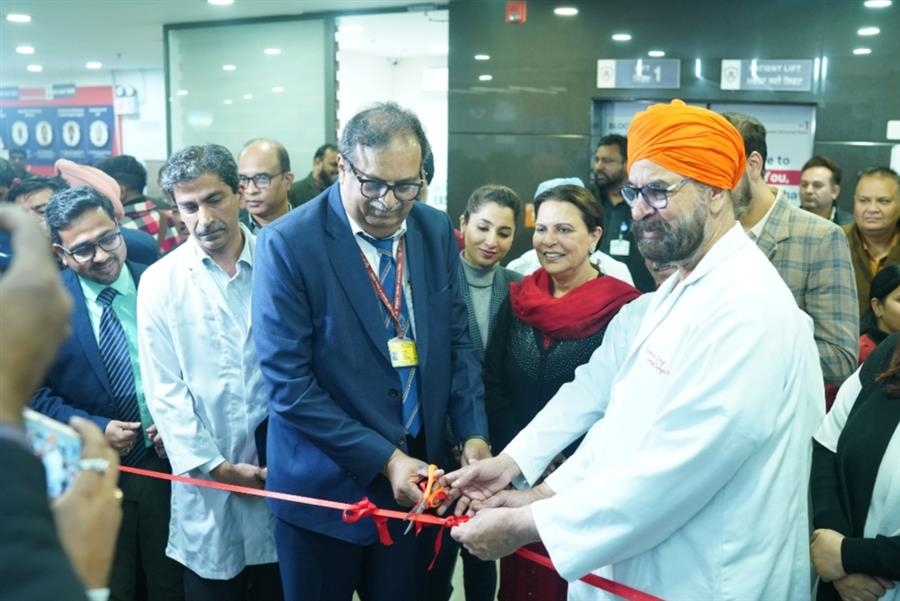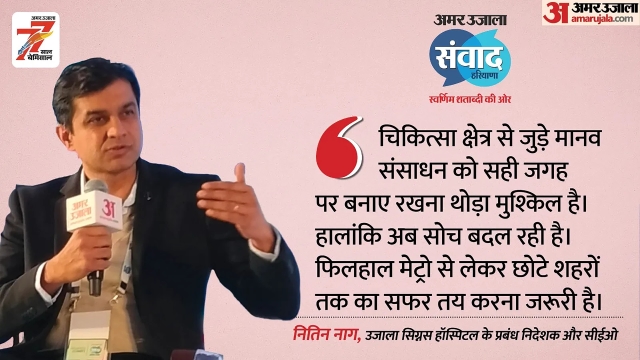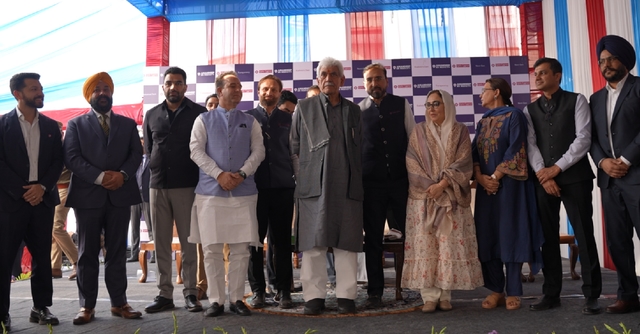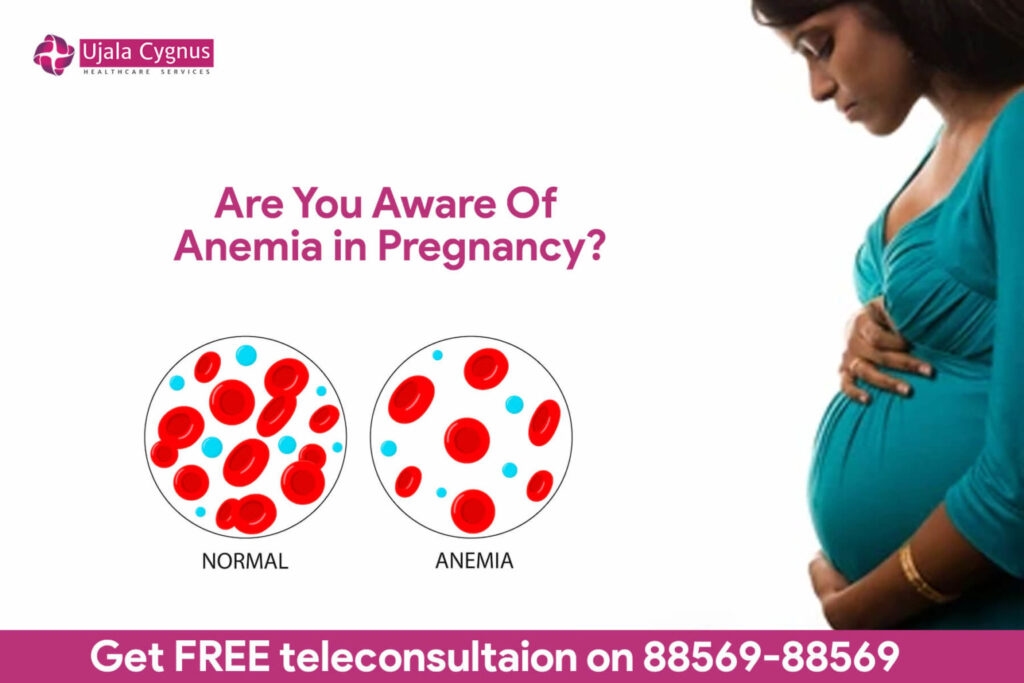
How To Overcome Anaemia In Pregnancy
By Ujala Cygnus
Reviewed by : Jalaz Jain
March 30, 2022
Anaemia in pregnancy is a common disorder that women experience during gestation. During this period the body produces more blood to support your baby’s growth. Therefore ample iron intake is essential for a woman during pregnancy so that the body produces the desired amount of red blood cells. You need 27 mg of iron per day.
What happens in Pregnant Women who suffer from Anaemia?
A woman suffering from anaemia does not have enough healthy red blood to carry oxygen to her tissues and baby. Mild anaemia is quite common when pregnant, and severe Anemia is mainly due to low iron or vitamin levels or other reasons. When you have less iron in your body, you may feel tired and weak. When the Anemia is left untreated, it may lead to severe complications like preterm delivery.
What are Different Types of Anaemia During Pregnancy?
Talking about different types of Anemia during pregnancy, they mainly include
Iron Deficiency in Anemia
Anaemia that results from iron deficiency in your body or lack of haemoglobin production is termed iron deficiency anaemia. It’s a protein in red blood cells, and it takes oxygen from the lungs to the other parts of the body. Due to iron deficiency, the blood cannot carry enough oxygen to tissues throughout the body, leading to Anemia in pregnancy.
Folate Deficiency Anemia
Folate is an essential body vitamin required to produce new cells, including healthy red blood cells, and it is found in foods like green leafy vegetables. The woman’s body needs extra folate during pregnancy, which is often absent in their diets due to dietary habits.
Due to a shortage of folate, the body can’t make enough normal red blood cells. Fewer normal red blood cells impact oxygen transport to tissues throughout the body. Folate drug molecules could substitute the shortage of folate during pregnancy with over the counter products. If Folate intake remains less it may contribute to particular congenital disabilities, such as neural tube abnormalities and low birth weight.
What are the Risk Factors of Anemia in Pregnancy?
Pregnant women are at a higher risk of getting anaemic. It’s because they need more iron and folic acid than usual. The trouble is more serious when
There are extreme risks connected with pregnancy, and it can raise your risk of having:
In all of the above conditions, get your blood test done so that the doctor can check you have Anemia.
The haemoglobin test is the most widely performed and measures the iron-rich protein in red blood cells. This iron-rich protein helps carry oxygen from the lungs to tissues in the body.
The hematocrit test measures red blood cells in a blood sample. A hematocrit test estimates how many red blood cells you have in your blood. Red blood cells possess a protein called haemoglobin that takes oxygen from the lungs to the rest of your body.
The treatment for Anaemia during pregnancy arises only when the patient is extremely anaemic. In such cases, doctor’s interventions are a must and most of the treatment includes the addition of more foods which is high in folic acid. The doctor may also advise a diet that may include meat, eggs and dairy products as per your test reports.
Frequently Asked Questions (FAQs)
Extreme iron deficiency during pregnancy improves the risk of premature birth when delivery emerges before 37 full weeks of pregnancy. Iron deficiency anaemia is also related to having a low birth weight baby and postpartum depression during pregnancy.
Anaemia during pregnancy is mainly a concern because it is associated with low birth weight, premature birth, and maternal mortality . Pregnant women are at a higher risk for developing Anaemia due to the excess portion of blood the body produces to help provide nutrients for the baby.
Ujala Cygnus Healthcare Group has 16 hospitals. Kanpur, Rewari, Kashipur, Varanasi, Sonepat, Panipat, Kurukshetra, Nangloi in Delhi, Rama Vihar in Delhi, Kaithal, Bahadurgarh, Karnal, Moradabad, Haldwani, and Agra.
You can book an appointment at your nearest Ujala Cygnus Hospital for any health issue treatment. For any query, you can give a missed call on 88569-88569 and get a FREE Consultation over the phone.
Loading...


